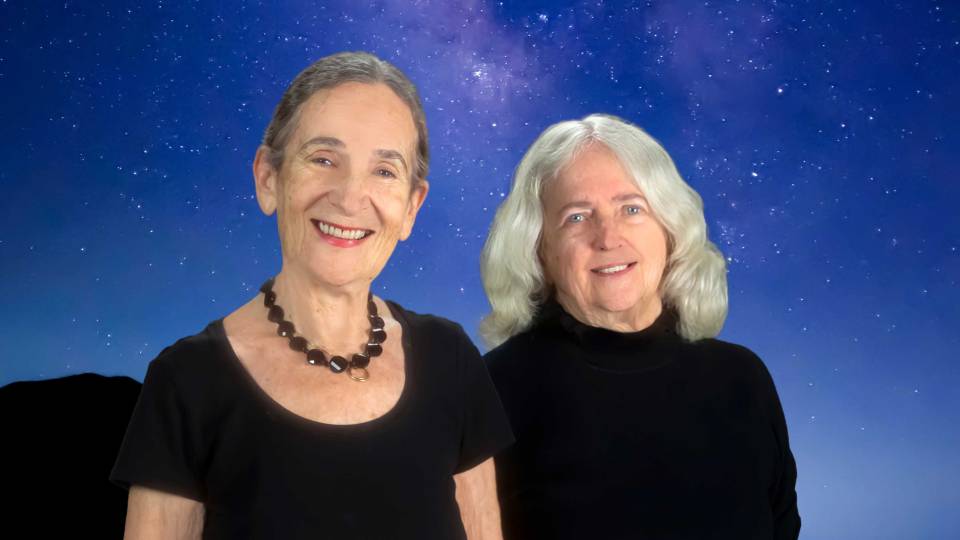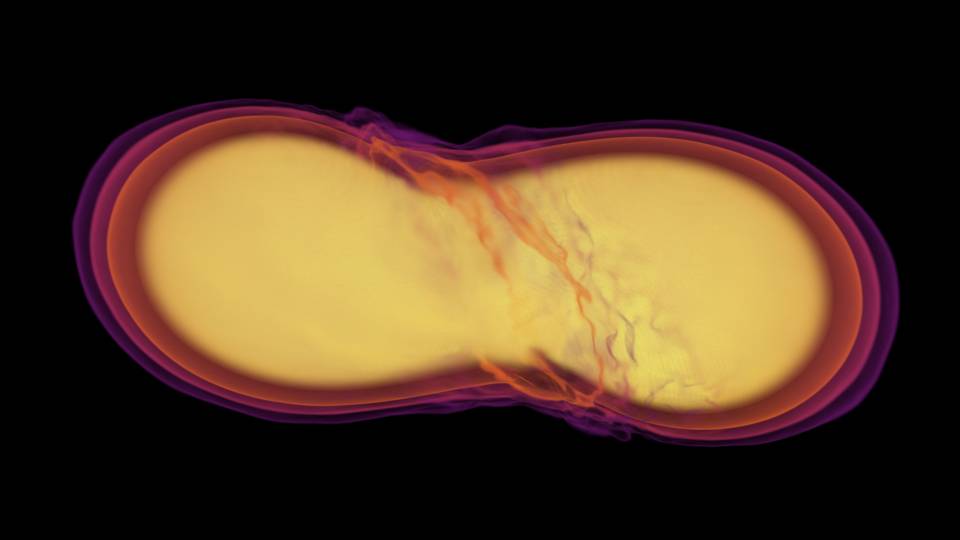John Bahcall, a longtime faculty member of the Institute for Advanced Study and a visiting lecturer with rank of professor at Princeton University, has been selected to receive a Dan David Prize , which carries an award of $1 million.
Bahcall was selected for his wide-ranging contributions to astrophysics, especially his work in particle astrophysics, which connects observations of the cosmos with the study of fundamental particles.
The Dan David Prize is an annual award established in 2002 by the Dan David Foundation. Tel Aviv University in Israel administers the award, which is given to people or institutions for accomplishments in three broadly defined categories: improving our understanding of the past; shaping and enriching the present; and creating promise for improving the future. Bahcall received the prize in the "future" category, which was given this year in the field of cosmology and astronomy.
"John Bahcall has made fundamental and lasting contributions to an astonishing number of different areas of modern astrophysics, ranging from the interpretation of quasar absorption lines to the first detection of a neutron star companion," the prize foundation said in its announcement. Among these contributions is Bahcall's pioneering work in studying the physics of the sun and its emission of particles called neutrinos.
Bahcall also recently received the 2003 Gold Medal of the Royal Astronomical Society of the United Kingdom and the 2003 Benjamin Franklin Medal in Physics from the Franklin Institute of Philadelphia.
Bahcall is the Richard Black Professor of Astrophysics in the School of Natural Sciences of the Institute for Advanced Study. In 1971, the same year he joined the institute as a permanent faculty member, he also accepted a continuing appointment as visiting lecturer at Princeton. Over the last three decades, Bahcall has served as an important link between the two institutions and has fostered cooperation and coordination between their faculties.
"He has worked very closely with the University for several decades," said Scott Tremaine, chair of the University's Department of Astrophysical Sciences. "The presence of the astrophysics effort at the institute, led by John, has played an substantial role in helping keep the (physics and astrophysics) departments at the University strong."
Tremaine also noted that Bahcall has been an "extraordinarily effective" mentor of young scientists, particularly at the postdoctoral level. At least half of the nation's faculty in theoretical astrophysics, including those at Princeton, have at some time been members of the institute's astrophysics group under Bahcall, Tremaine said. Bahcall also has supervised graduate and undergraduate students at Princeton.
The Dan David Prize will be awarded at a ceremony at Tel Aviv University on May 18. Nominees for the prize are reviewed by an independent committee of scholars and professionals in the chosen fields each year. Final selections are made by the prize foundation's board. The review committee for cosmology and astronomy prize this year was chaired by Ed van den Heuvel of the Astronomical Institute of Amsterdam and included Joseph Taylor, Princeton's dean of the faculty and James McDonnell Distinguished University Professor of Physics.
Contact: Lauren Robinson-Brown (609) 258-3601



